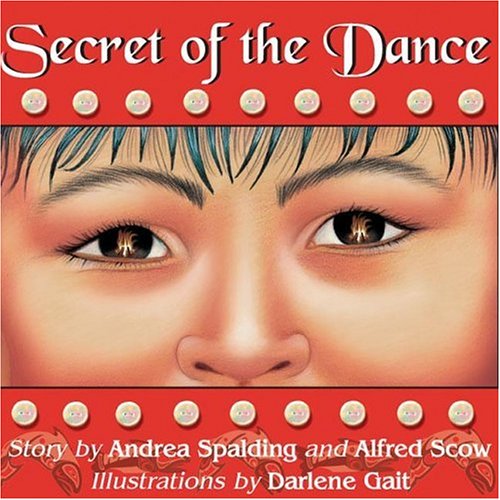
Picture a man whose life’s work has been to uphold the law. Picture that same man with a childhood secret that could have sent his family to jail. Now picture
“Many years ago, when the world and I were younger, my family defied the government.” begins Judge Scow’s story. The narrator, Watl’kina tells us that in 1935, an Indian Agent (government representative) warned his parents that the Potlatch and the dancing that were a part of a Potlatch ceremony were illegal. Watl’kina’s family knew that the Potlatch was an essential part of their cultural identity. They used a fishing trip to disguise a visit to family in a nearby village hosting a Potlatch. They were careful to keep the reason for their visit secret even from their children. Their attendance at a Potlatch ceremony could result in the adult members of the family being jailed and their children being taken away. As the oldest child, Watl’kina was charged with looking after his younger siblings while his parents attended the village long house. But, the drums from the long house called him and Watl’kina could not resist. He crept through the night to the long house where he witnessed not only the unforgettable ceremony, but a familiar figure dancing. It was his father.
While Secret of the Dance is fictional, the danger of being caught at a Potlatch would have been all too real. It created a blanket of silence during Judge Scow’s childhood and a climate of secrecy. Secret of the Dance is another step in throwing off the blanket of silence over a shameful chapter in our history, and one that nearly destroyed the rich cultural heritage of Coastal First Nations. Healing can only happen when a wound is exposed and treated. Stories like Judge Scow’s are a long needed medicine for wounds too long covered up. It is a compelling story that brings recent history to life.







No comments:
Post a Comment